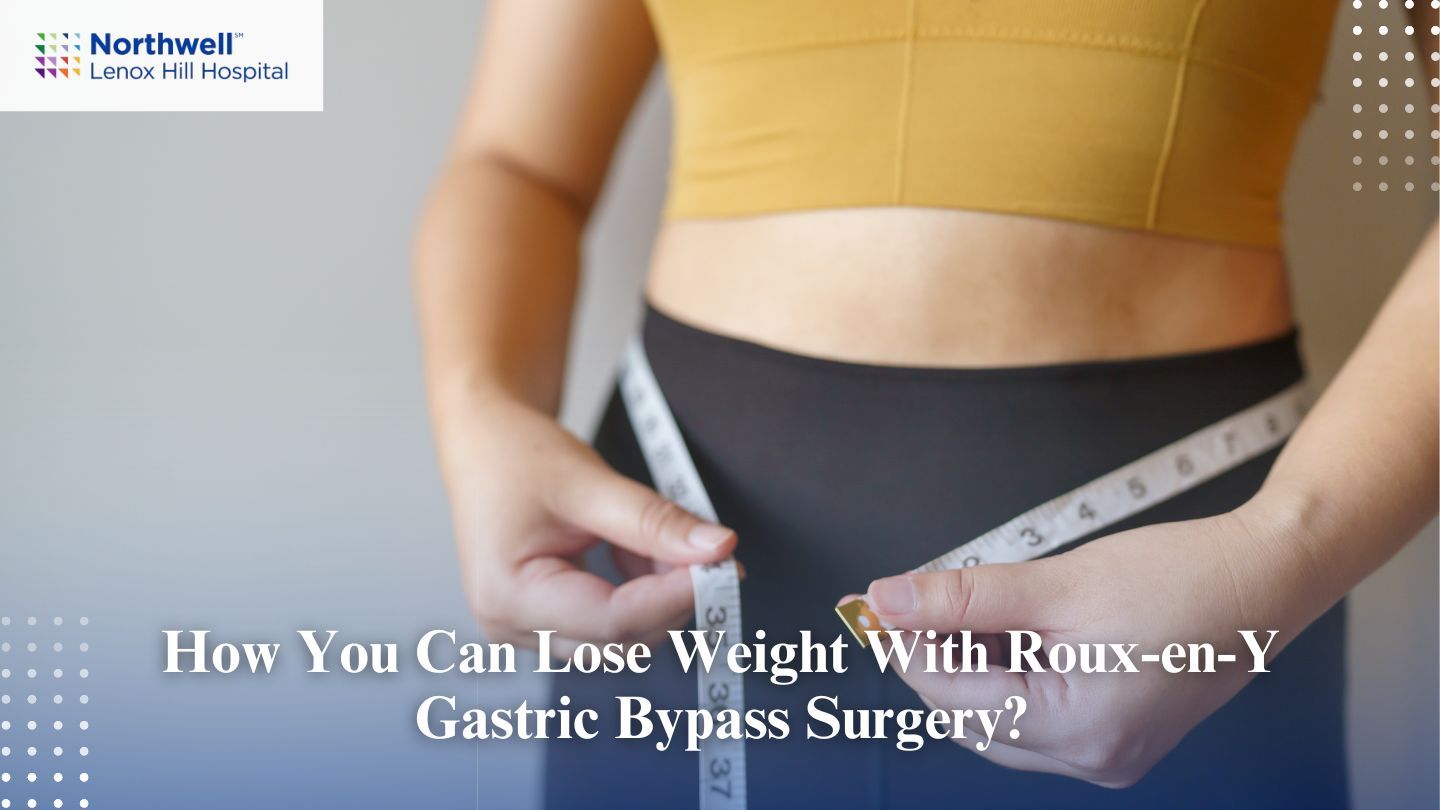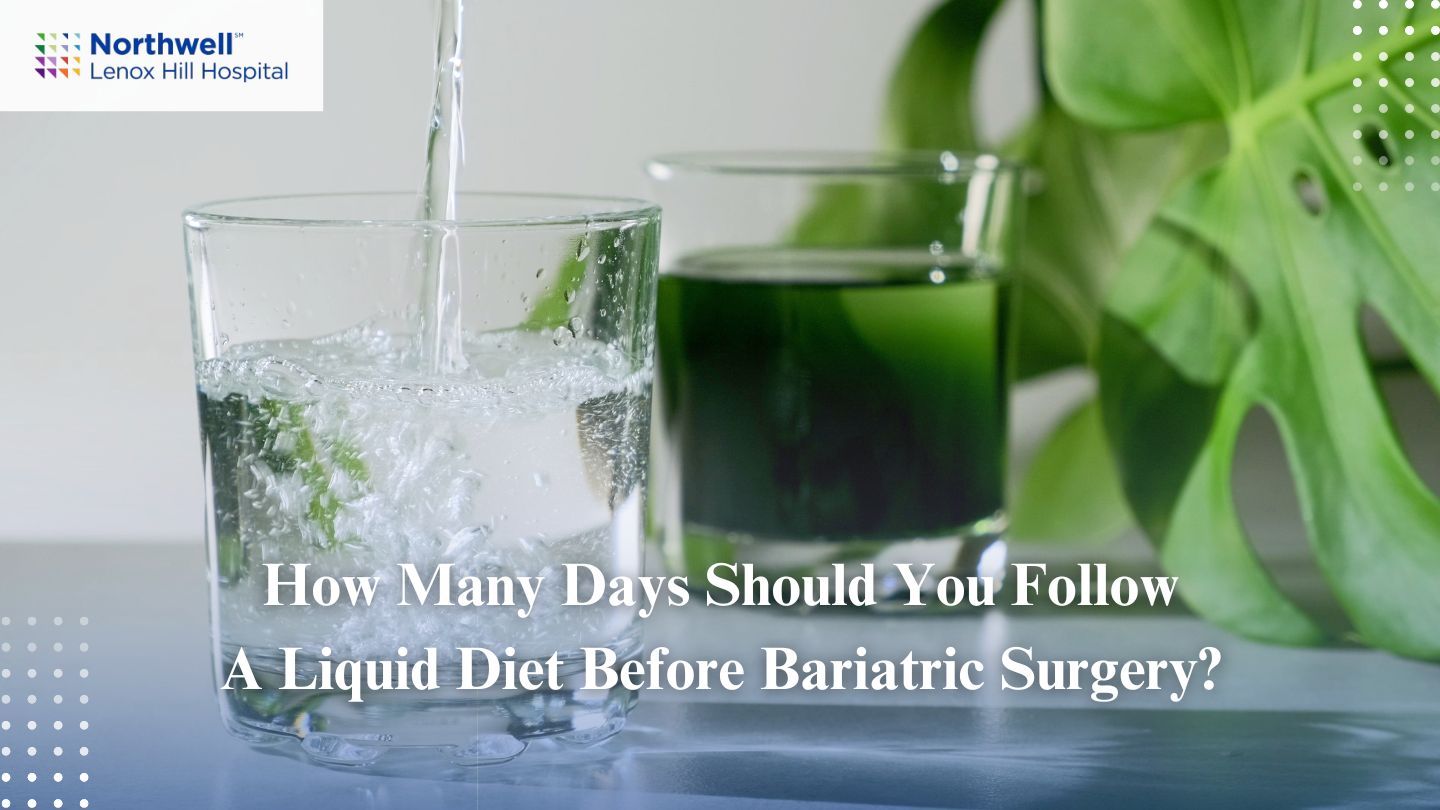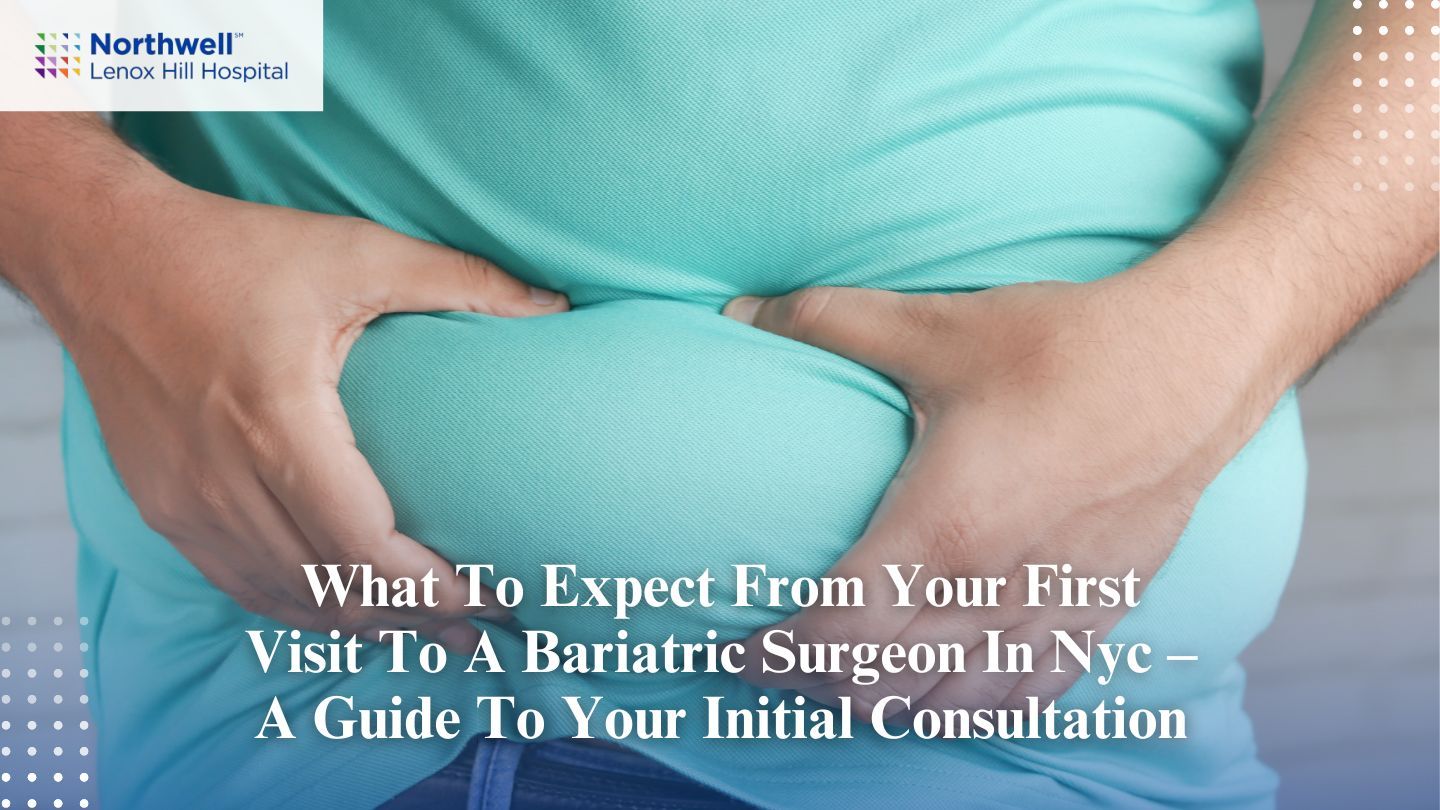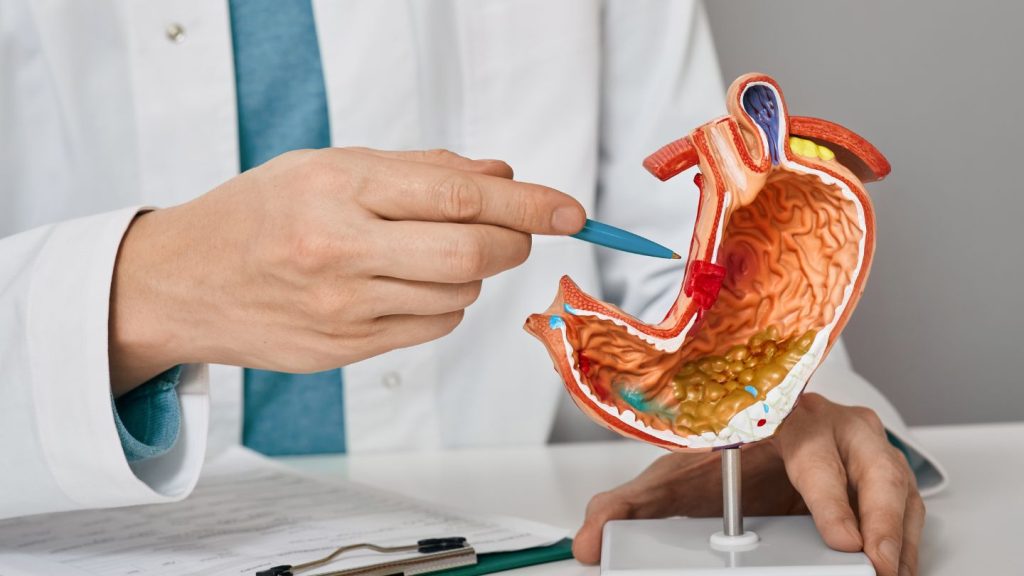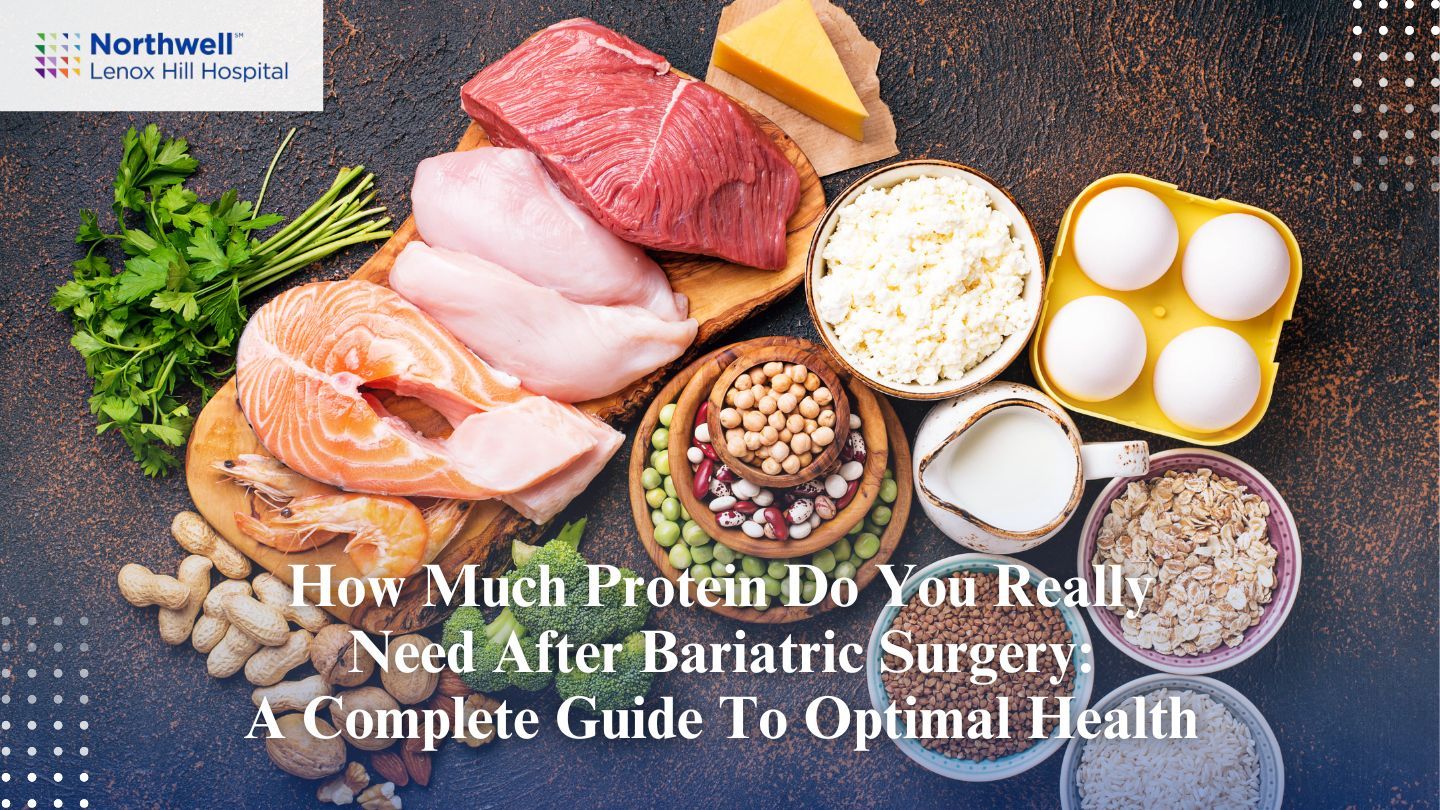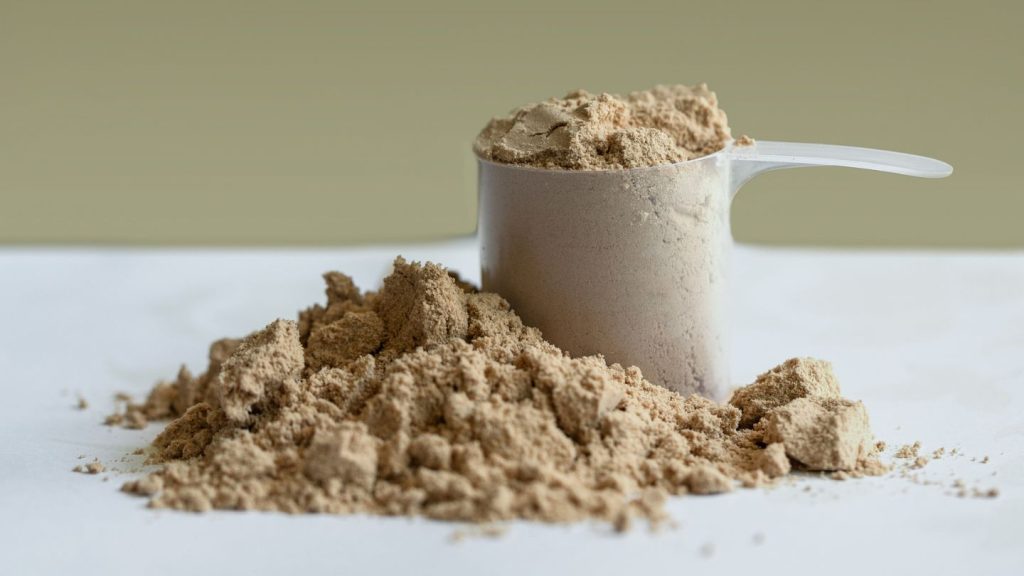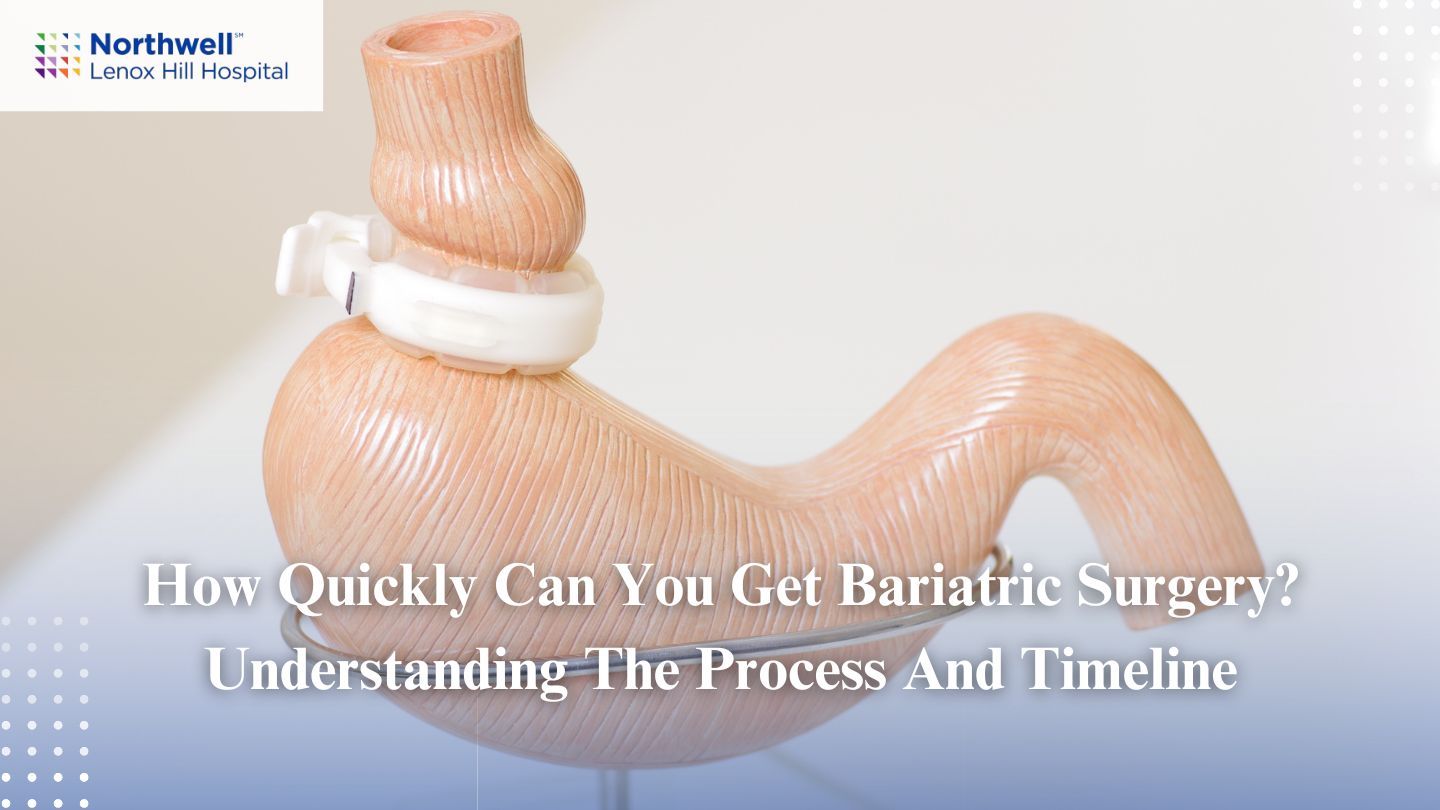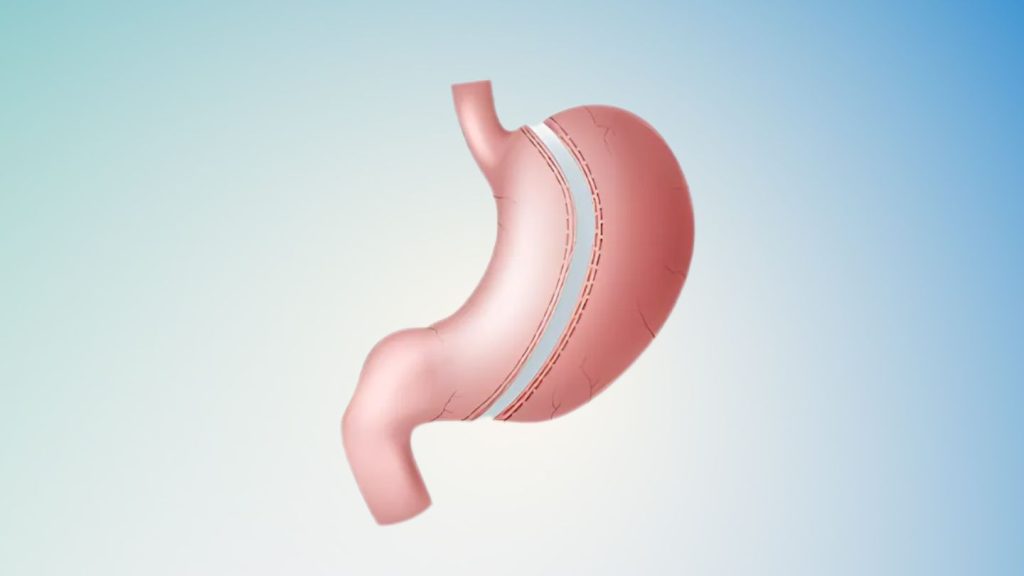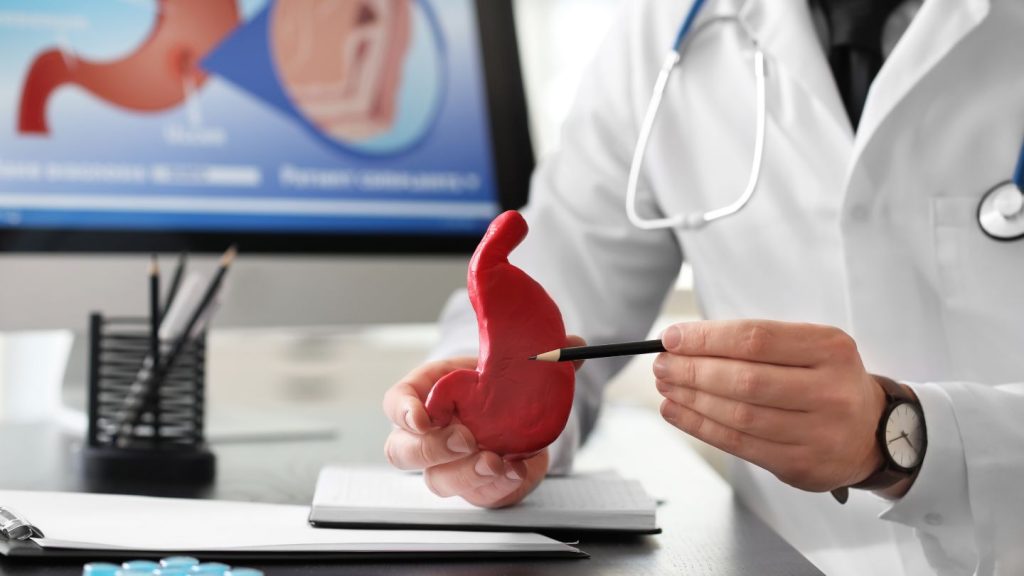How You Can Lose Weight with Roux-en-Y Gastric Bypass Surgery?
Looking to lose weight with Roux-en-Y surgery? This procedure can help you lose weight with Roux-en-Y gastric bypass surgery by shedding 50% to 80% of excess weight within 12 to 18 months. This blog explains how it works, its benefits and risks, and the necessary lifestyle changes.
Key Takeaways
- Roux-en-Y gastric bypass surgery effectively helps patients lose 50 to 80 percent of their excess body weight within 12 to 18 months while addressing obesity-related health issues.
- Eligibility for the surgery typically requires a BMI over 40 or a BMI of 35-39.9 with additional health complications, along with readiness for significant lifestyle changes.
- While the surgery offers substantial health benefits, including improved quality of life, it also carries risks such as infection and nutritional deficiencies, necessitating lifelong dietary adjustments and follow-up care.
Understanding Roux-en-Y Gastric Bypass Surgery
Gastric bypass surgery, specifically the Roux-en-Y variety, has been recognized as a reliable and efficacious method for weight loss since its inception in the 1960s. The procedure entails the formation of a small stomach pouch, which is then attached directly to the small intestine, effectively circumventing a large portion of both the stomach and upper digestive tract. This twofold mechanism limits food consumption while simultaneously decreasing caloric absorption, facilitating substantial and swift reductions in body weight.
Over time, refinements have markedly improved this surgical technique’s success rate, positioning it among today’s most revered bariatric operations. Following gastric bypass surgery, within one to one-and-a-half years, patients frequently report losing between half and four-fifths of their surplus body mass, indicative of its profound effect on physical health. It often mitigates or even reverses related conditions such as type 2 diabetes or hypertension, with added benefits accruing from Operative interventions aimed at shedding pounds.
The operative process involves isolating a segment at the top part of your stomach through stapling techniques creating an egg-sized sac that curbs maximum food intake per mealtime drastically—an integral stage within Gastric Bypass Surgery aiming primarily towards quick Weight Loss outcomes relying heavily upon reducing nutrient & calorie digestion: by surgically redirecting your intestines thus forming distinctive ‘Y’ shaped structure enabling edible substances avoid traversing majority sections relating both Stomach plus initial stretches involving said intestinal tracts consequently leading towards lesser energy uptake rates post-digestion phases occurring therein typically culminating throughout prolific decrement measures impacting overall adipose tissue volumes extensively thereafter going forward sequentially also.
Understanding how Roux-en-Y gastric bypass functions illuminates not only potential advantages but also underscores adjustments essential after undergoing such treatment modalities centered around combating morbid obesity substantially, alluding comprehensively toward resultant comprehensive lifestyle transformations ultimately attributable thereto, enhancing patient quality-of-life metrics significantly, potentially thereupon subsequently indeed too correspondingly altogether.
Gastric Bypass vs Duodenal Switch
Gastric bypass surgery in NYC and the duodenal switch are prominent solutions for tackling severe obesity, each suited to different BMI ranges and health needs. Gastric bypass, typically recommended for individuals with a BMI of 40-50, entails creating a smaller stomach pouch and rerouting the intestines to reduce calorie absorption, making it a less invasive procedure with a duration of about two hours. Conversely, the duodenal switch is ideal for those with a BMI exceeding 50, combining the creation of a gastric sleeve with a more extensive intestinal rerouting. This four-hour surgery offers substantial weight loss by incorporating both restrictive and malabsorptive techniques. While both methods aim to alleviate obesity-related complications, the decision between the two should be guided by professional consultation to align with personal health goals.
Eligibility Criteria for Roux-en-Y Surgery
To qualify for Roux-en-Y gastric bypass surgery, a thorough evaluation is needed. Individuals typically require a Body Mass Index (BMI) exceeding 40, which indicates severe obesity, or possess a BMI in the range of 35 to 39,9, with concurrent health issues related to obesity, like type 2 diabetes or high blood pressure.
Prior to approval for the procedure, patients need to demonstrate their willingness to adopt significant and lasting lifestyle modifications and satisfy specific medical requirements. Their medical history and present condition are meticulously reviewed during screening procedures that may include consultations with various healthcare professionals who will inform them about what they should anticipate pre- and post-surgery.
Before considering surgery, individuals are expected to attempt improvements in dietary choices and physical activity levels as evidence of their dedication towards sustaining the lifestyle changes necessary after undergoing gastric bypass. In cases where dieting and exercise fail to induce notable weight loss or when serious health complications arise due to excessive weight, Roux-en-Y gastric bypass emerges as not only an effective alternative but sometimes becomes essential for patient well-being.
Benefits of Roux-en-Y Surgery
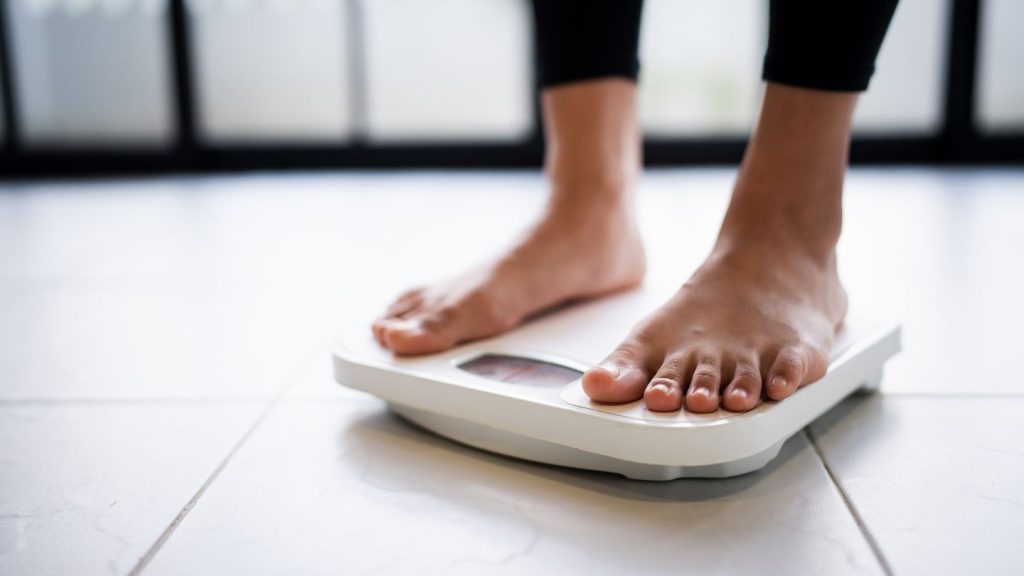
The advantages of Roux-en-Y gastric bypass surgery are not limited to weight reduction alone. On average, individuals lose about 60% to 70% of their surplus body mass, markedly alleviating conditions linked to obesity. The sustained nature of this weight loss is evident as many individuals keep off the excess pounds for more than 16 years – a testament to the enduring success rate of this surgical method.
Personal accounts from those who have undergone Roux-en-Y provide compelling evidence of its profound effects. For instance, Rebecca shed an impressive 150 pounds and reduced her clothing size by ten after undergoing her procedure. She also saw her blood sugar levels stabilize and improvements in cholesterol and triglyceride metrics while eliminating persistent acid reflux issues. Meanwhile, Joel cited significant emotional uplifts post-surgery due to his renewed ability to engage actively with his children, substantially elevating his overall life satisfaction.
In addition to tangible physical health gains following substantial weight loss through such procedures, there are boosts in psychological wellness and self-confidence. The operation lowers potential risks associated with certain cancers and medical complications that commonly accompany obesity, a holistic enhancement on numerous health fronts.
Sustaining weight management becomes feasible long-term post-operation, which translates into lasting beneficial outcomes for personal health along with enriched everyday living standards. As patients discover newfound ease in engaging in once-challenging physical activities, their mobility increases dramatically, positioning Roux-en-Y gastric bypass as potentially transformational for countless people seeking change.
Risks and Complications
Roux-en-Y gastric bypass surgery, while offering considerable health improvements, is not without its potential hazards and complications. In the short term, patients may face risks such as bleeding, infection, blood clots in the legs or lungs (venous thromboembolism), and possible leaks at the site where the stomach pouch has been created, which could have serious consequences, including death.
Dumping syndrome is another common postoperative complication of this procedure, affecting roughly 13% of individuals who undergo it. Symptoms can include nausea, a rapid heart rate, abdominal pain after eating, along with fainting spells and diarrhea.
Marginal ulceration near the gastrojejunostomy connection is also prevalent among 1% to 16% of those treated with gastric bypass surgery. These ulcers typically necessitate medical management. Within six months following surgery, there’s an elevated chance, falling between 32% and 42%, of patients developing gallstones.
Additional concerns involve anastomotic strictures that present in approximately 3-7 out of every hundred surgeries, resulting in difficulties like vomiting and swallowing problems (dysphagia). Around one to two percent experience gastro-gastric fistulas, where an unwanted channel forms linking the smaller stomach pouch with residual parts of the stomach.
Comprehending these risks empowers patients contemplating Roux-en-Y gastric bypass to thoughtfully weigh their options, ensuring they harbor realistic outlooks toward undergoing this surgical intervention.
Preparing for Roux-en-Y Surgery
To prepare for a Roux-en-Y gastric bypass, individuals must undergo thorough medical evaluations and make certain lifestyle modifications to guarantee the best surgical results. This preparation includes reviewing their health history and current conditions by performing various tests such as blood work, ECGs, chest X-rays, sleep studies, plus assessments of cardiac and gastrointestinal wellness.
Advised pre-surgery weight reduction aims to enhance respiratory function and minimize liver dimensions, which contributes to an easier operation. To increase the safety profile and efficacy of the procedure, candidates might be required to lose some weight in order to decrease liver size. Ceasing tobacco use at least six weeks prior is imperative for reducing potential complications.
Psychosocial screenings are critical in detecting any mood or behavior disorders that could affect recovery post-surgery. The Lenox Hill Bariatric Surgery Program provides all-inclusive assistance services like nutritional advice, along with psychological support during evaluation phases, so patients can effectively navigate through both preparations for the surgery as well as life alterations after it. Ensuring they are thoroughly equipped for what lies ahead on their journey towards significant weight loss following gastric bypass surgery.
The Surgical Procedure
Gastric bypass surgery, commonly known as Roux-en-Y gastric bypass, is carried out using a laparoscopic or robot-assisted technique under general anesthesia. The operation requires creating three to five diminutive openings to reach inside the abdominal cavity. Initially, surgeons craft a small stomach pouch roughly equivalent to an egg’s size by sectioning off the uppermost part of the stomach with a laparoscopic stapler—a process characteristic of laparoscopic gastric bypass and considered within the realm of abdominal surgeries.
Subsequently, surgeons bisect the top segment of the small intestine and adjoin it to this newly established stomach pouch, which enables efficient digestion. This rearrangement takes on a ‘Y’ configuration that causes food ingested to sidestep significant sections of both the stomach and the upper portion of your small intestine. Typically lasting several hours, routine surgery often results in patients staying at hospitals for about one or two days following their procedure.
Understanding what constitutes Roux-en-Y surgical intervention equips individuals facing this medical event with knowledge leading to greater assurance regarding their upcoming experience. Laparoscopic procedures make such interventions less risky and accelerate recovery periods. Thus, allowing those treated to return to everyday life post-surgery.
Post-Surgery Recovery and Care
The recovery and aftercare process is vital for the effectiveness of a Roux-en-Y gastric bypass procedure. Patients typically experience nutritional deficiencies, particularly in vitamin B12 and iron, due to changes in how their bodies absorb nutrients. To combat these issues with nutrient absorption, individuals must commit to lifelong use of nutritional supplements that include both vitamins and minerals.
In the initial stages post-operation, it is recommended that patients stick to a liquid diet to promote stomach healing. As they recover, they can slowly incorporate pureed foods into their regimen before transitioning to solid foods within 6-8 weeks from surgery. It’s crucial for patients to maintain proper hydration by consuming at least 64 ounces of fluid daily. They should refrain from drinking during meals and instead hydrate between them.
Regularly scheduled check-ups are imperative for effectively managing long-term morbid obesity as well as tracking progress regarding weight loss. These appointments provide continued support, which is necessary not only for maintaining weight reduction but also for promoting overall well-being while addressing any concurrent conditions related to obesity.
Lifestyle Changes After Surgery
Lifelong lifestyle changes are crucial for the success of Roux-en-Y gastric bypass surgery. Dietary guidelines, including a liquid diet and supplementation of digestive enzymes, are necessary to manage nutritional deficiencies. Drinking at least 64 ounces of fluid daily helps prevent complications like nausea and fatigue.
To avoid muscle loss, patients need to consume 60 to 100 grams of protein daily. Regular physical activity, such as 30 minutes of moderate exercise each day, is also important for maintaining weight loss. Adhering to these lifestyle changes is vital, as poor adherence can result in insufficient weight loss, weight gain, or weight regain.
Patients are often advised to avoid alcohol post-surgery due to increased absorption rates and the risk of alcoholism. Regular follow-up appointments help monitor progress and ensure patients stay on track with their weight loss goals.
These lifestyle changes, along with healthcare provider support, help patients achieve long-term success.
Success Stories and Testimonials
Patients who have experienced the benefits of Roux-en-Y gastric bypass surgery often share inspiring accounts of their transformation. They frequently express appreciation for the compassionate care they received, noting that it played a crucial role in making them feel secure and optimistic about the procedure.
Emotional narratives from these individuals detail not only remarkable weight loss but also an increased sense of self-worth and pleasure in everyday life. Numerous testimonials describe significant health improvements following the operation, including reduced blood pressure and enhanced control over diabetes symptoms.
The stories consistently mention substantial alterations to lifestyle habits along with enduring encouragement from medical professionals. For many, undergoing Roux-en-Y gastric bypass was a pivotal decision that facilitated weight reduction while substantially elevating their overall well-being.
The Role of Lenox Hill Bariatric Surgery Program

Since its establishment in 2000, the Lenox Hill Bariatric Surgery Program has gained international recognition for its exceptional work in bariatric surgery. It operates under Northwell Health and employs a comprehensive, team-based strategy to assist patients throughout their weight loss endeavors.
The program emphasizes education on surgical processes, anticipated results, and important changes needed for a healthy lifestyle post-surgery through educational sessions provided for patients. A collaborative group of seasoned professionals within the Lenox Hill Bariatric Surgery Program guides individuals through selecting appropriate surgeries and supports them. This thorough attention helps ensure that each person can reach and sustain a healthy weight successfully.
In Summary
Roux-en-Y gastric bypass surgery is a transformative solution that offers hope and health to those dealing with severe obesity. It not only helps patients achieve significant weight loss but also alleviates related health issues like diabetes and high blood pressure. Beyond the physical improvements, the surgery often leads to boosted self-confidence, renewed energy, and an improved quality of life, enabling individuals to rediscover activities and joys they once thought were out of reach. It’s a life-changing step toward a healthier, brighter future.
At the Lenox Hill Bariatric Surgery Program, we understand the importance of efficiency—not just in facilities but in achieving personal health goals. If you’re looking for expert care and options for gastric bypass in Manhattan, our experienced team is here to guide you on your path to better health. Take the next step toward a healthier, more fulfilling life by exploring how we can support your weight loss goals today!
Frequently Asked Questions
What are the eligibility criteria for Roux-en-Y gastric bypass surgery?
To qualify for Roux-en-Y gastric bypass surgery, candidates typically need a BMI over 40, or between 35 and 39,9, with at least two obesity-related health issues; they must also commit to permanent lifestyle changes and undergo thorough screening.
What are the main benefits of Roux-en-Y gastric bypass surgery?
Roux-en-Y gastric bypass surgery provides significant weight loss, improves obesity-related health conditions, enhances mobility, and boosts mental well-being.
Patients often sustain their weight loss for over 16 years.
What are some common risks and complications associated with Roux-en-Y gastric bypass surgery?
Common risks and complications of Roux-en-Y gastric bypass surgery include bleeding, infection, blood clots, dumping syndrome, marginal ulceration, gallstones, anastomotic strictures, and gastro-gastric fistulas.
It is essential to discuss these potential risks with your healthcare provider.
What lifestyle changes are required after Roux-en-Y surgery?
Following Roux-en-Y surgery, it is imperative to embrace permanent changes in diet that include consuming enough protein and liquids, maintaining a consistent exercise routine, and supplementing with vitamins and minerals.
For sustained success post-surgery, it is vital to abstain from alcohol consumption and to keep all scheduled follow-up visits.
What support does the Lenox Hill Bariatric Surgery Program provide?
The Lenox Hill Bariatric Surgery Program provides comprehensive support, including nutritional counseling, psychological assistance, educational sessions, and access to a multidisciplinary team of experts for guidance in choosing a procedure and post-surgery care.
